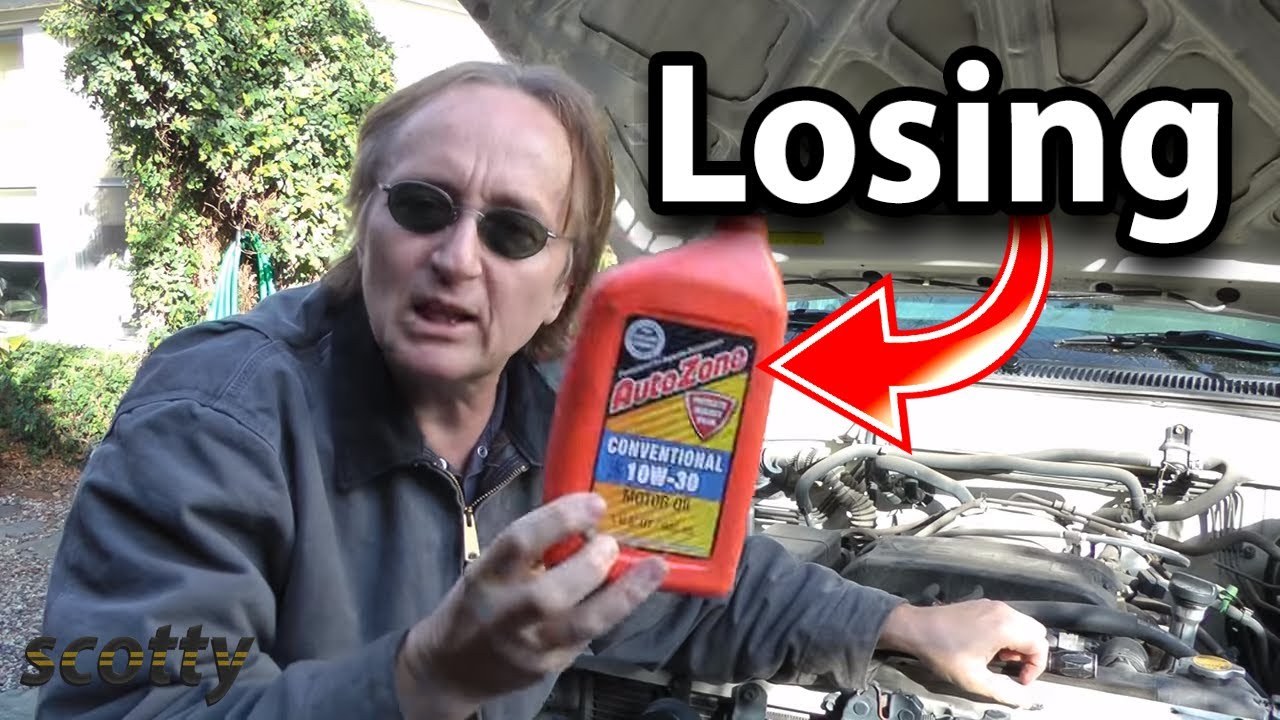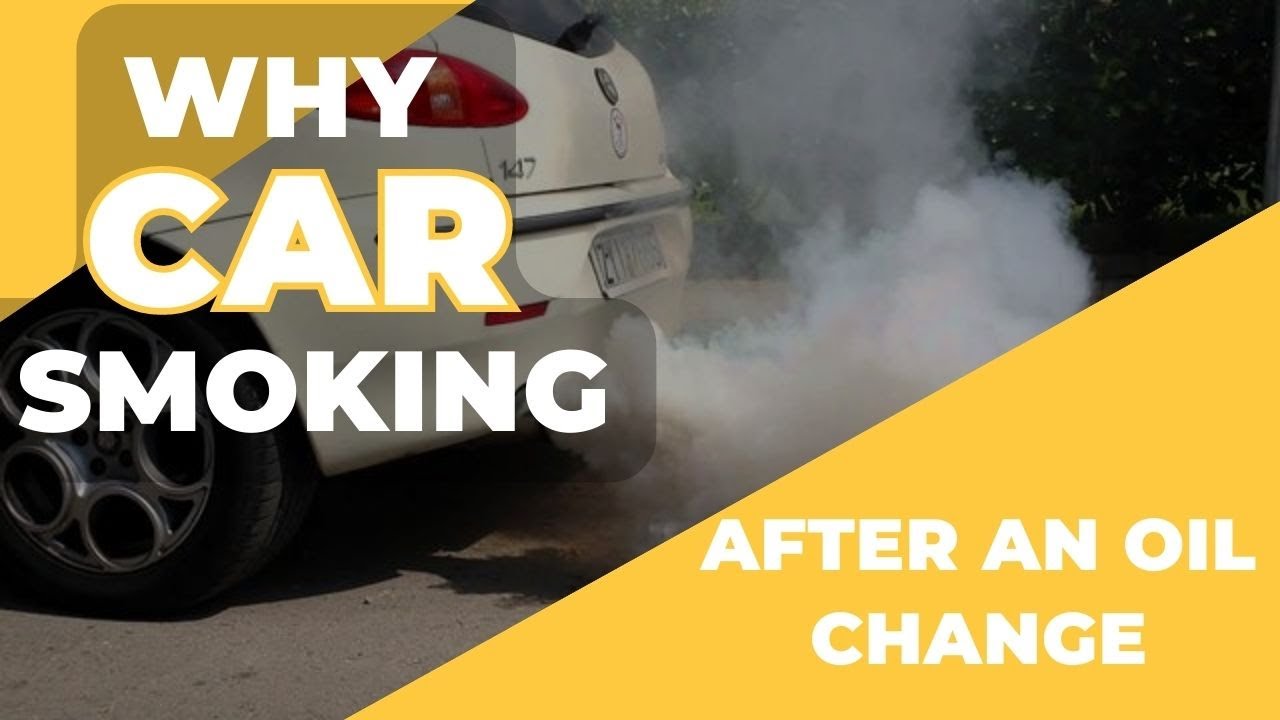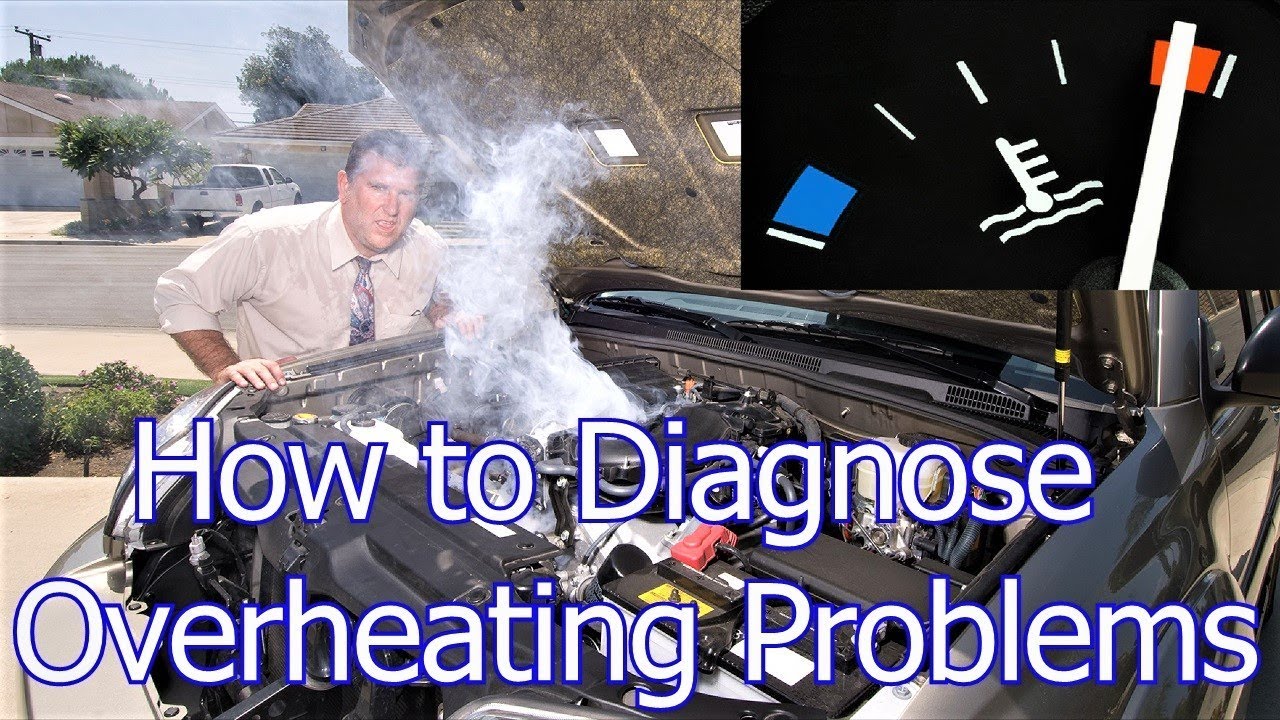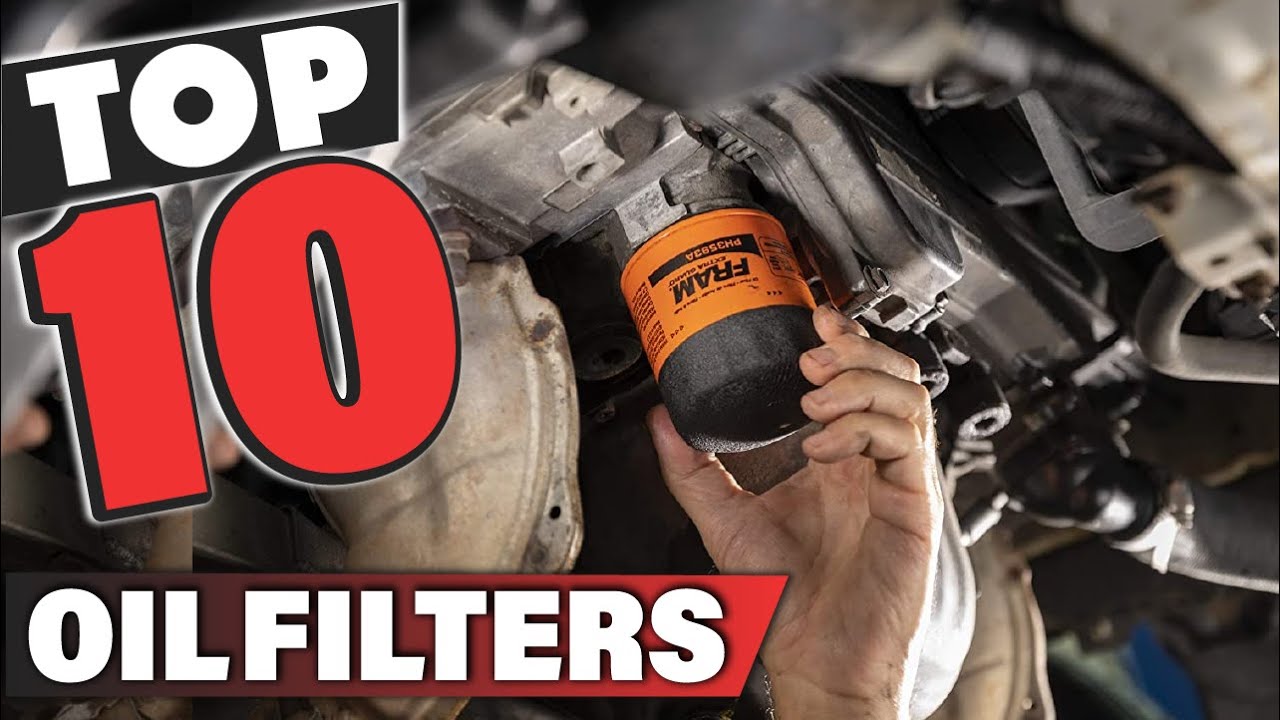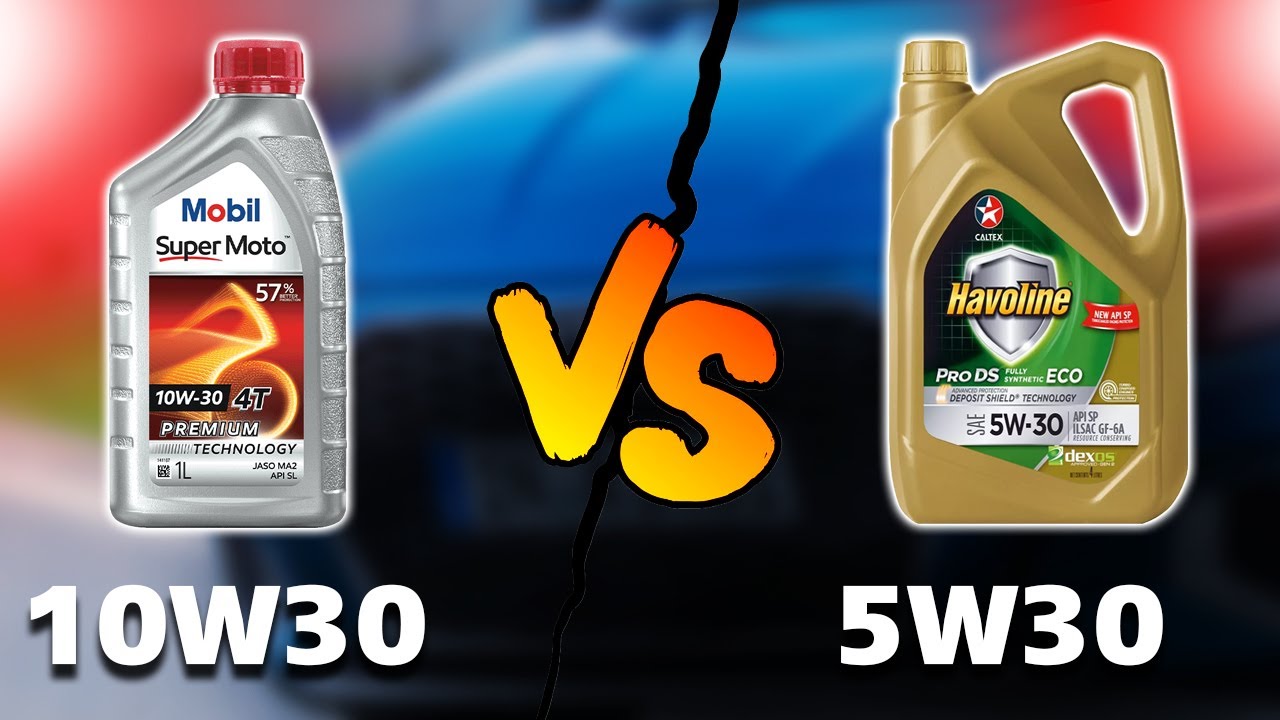Discover the stealthy reasons behind your car’s oil loss without any leaks in sight. Join us as we unravel the hidden causes and provide essential tips to safeguard your engine from this sneaky issue.
How Does a car lose oil but no leaks?
If a car loses oil but has no visible leaks, the oil may burn inside the engine. This can occur when the engine’s piston rings and valve seals wear out over time, allowing oil to seep into the combustion chamber and burn along with fuel. Another possibility is that the engine’s PCV system is malfunctioning, causing oil to be pulled into the intake system and burned in the engine.
How Does Engine Oil Work?
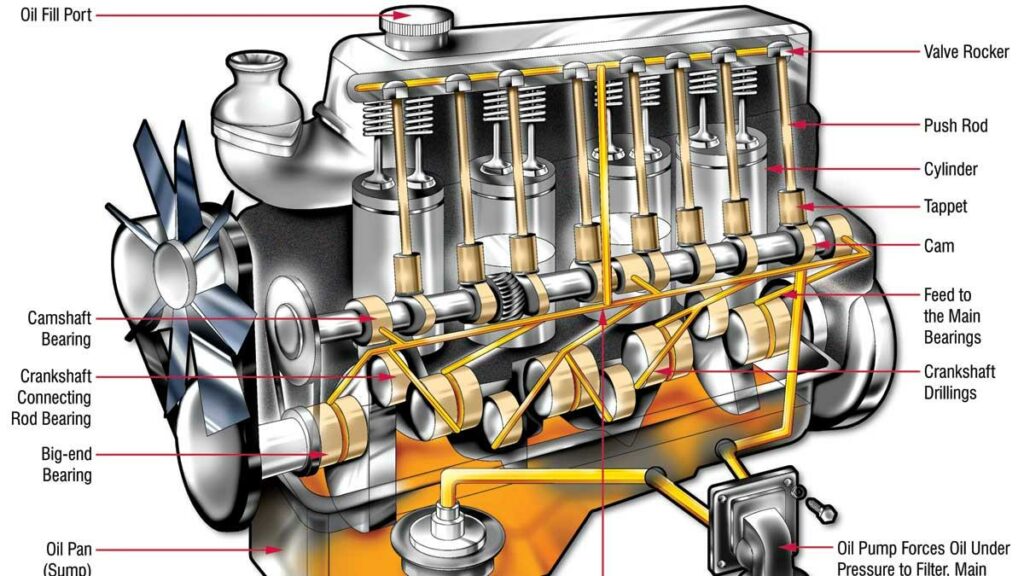
The engine oil in your car is a crucial lubricant for the engine’s moving parts. It fulfills a variety of functions. This entails increasing the engine’s operating efficiency, eliminating corrosion and rust, cooling the engine, and decreasing wear. Certain motor lubricants include compounds that eliminate engine contaminants and enhance fuel economy.
Effective operation of engines requires lubrication that reduces friction between moving components. Consequently, minimizing engine heat prevents corrosion of metal components and keeps the engine cool. In addition, engine oil helps eliminate dirt and extends the life of your engine. Friction may hasten component degradation or failure, requiring costly auto repairs. The oil stops moving parts from contacting one other.
10 Common Causes Of Car Losing Oil But No Leak
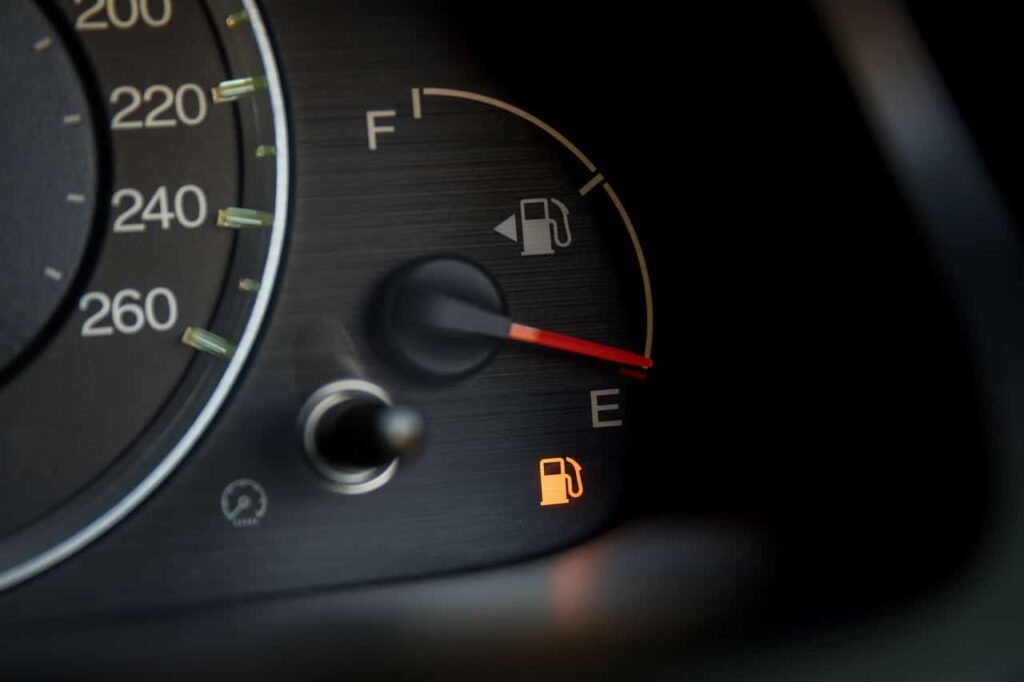
Internal Oil Leak
There is no apparent oil spill on the ground. Yet, there can be a small amount of internal oil seeping from your automobile that you cannot see. Your car may sometimes leak oil due to minuscule fractures or broken pipes. But it won’t cause a massive oil spill under your vehicle or strange smoke.
Oil leaks are often noticeable, and your automobile may turn on a warning light even if you can’t. You’ll need to take your car to a qualified mechanic to ensure the oil loss does not result from an oil leak.
Blown Head Gasket
Your car’s oil leak might be due to a head gasket issue. They typically shield every engine cylinder. Sadly, if they are damaged, the oil might easily leak out. This might be a very challenging position if an issue arises. First of all, repairs are pricey. It might be a major hassle because of the expensive and time-consuming labor.
Bad Cylinder Walls
Damage from faulty cylinder walls might be significant. Your engine is vulnerable to wear and tear, and there may be low pressure. In rare cases, the piston may sustain damage from the cylinder wall.
Heat is created by the friction action, which increases pressure enough to push oil past your piston rings and into your combustion chamber. This indicates no leaks or smoke but a considerable loss of engine oil.
PCV Valve Problems
If there isn’t a leak and your engine is running low on oil, the oil will likely be burned inside the engine. Burning oil frequently results from a malfunctioning PCV valve, but what is that valve?
When the crankcase pressure is too high, a PCV valve is intended to open and let air exit. But, if the PCV valve has failed, too much oil will enter the engine. The valve is inexpensive and straightforward to replace for trained technicians, which is a benefit of this situation.
Worn Piston Rings
Suppose there is no PVC or internal oil leak present. Check any internal engine efficiency concerns after that. Regardless of the engine type, several hidden factors might lead to excessive oil loss. Piston rings typically keep the engine stable and stop oil leaks.
Yet they decay and lose their ability to protect your cylinder over time. One leak gradually attracts another. As a result, there is a considerable loss of oil.
Circuit Related Problems
If the circuit is broken, oil loss without leaks or smoke is possible. This will happen if the multiple electrical systems in the automobile fail to transport engine oil to its various destinations. If this is the case, the pressure would be lost in your car’s oil pump, certain engine parts, and others.
Dirty Oil
The circulation and lubrication of dirty engine oil are inferior to that of clean engine oil. Your engine might lose oil due to contaminated oil without spilling or smoking. This is brought on by the oil coating’s obstruction of oil flow by grit and other foreign particles.
The dirt can penetrate your engine and coat its bottom walls or other parts. This wear and strain may cause oil leaks, which are hard to see if there isn’t any noticeable engine smoke.
Worn Valve Seals
Valve seals are crucial for controlling the amount of oil used for valve lubrication. For different engine types, valves are created to regulate oil consumption and valve lubrication. The oil level will decrease when the valve stem seals are compromised. Remember that valve stem seals are there to lubricate the valve and reduce excessive oil use.
Decreased Engine Compression
A decrease in engine compression may be a factor in an oil leak. A problem with the high-pressure fuel stream might cause your oil to burn as it reaches the engine, or an issue with the intake or exhaust system could cause fuel to contaminate your oil, reducing engine performance.
Tiny Holes
Without any smoke or apparent leaks, an engine may lose oil. This occurs when a little fracture in an oil seal prevents enough pressure from leaving, keeping your car from showing apparent leaks. Older vehicles are more likely to have these tiny holes, especially if they have external damage that is difficult to detect.
What To Do When Car Is Losing Oil But No Leak

In case of a significant oil loss, you must check your oil level and top it up as required. If your engine is overheated or working at a high temperature for a lengthy period, the oil level may fall quickly. In this circumstance, attending a repair shop or an expert would be preferable.
Meanwhile, it is recommended that you don’t use your car; instead, you should have it pulled off the road. If you see a significant oil leak while driving, immediately pull over and shut off the engine.
Could you restart your car after the oil light has gone out? If you can’t fix the problem on the spot, you should call a specialist and drive your vehicle to the local auto repair shop for diagnostics.
Signs Your Engine Is Burning Oil
Blue smoke from the tailpipe is the most common indication that your car is burning oil. The blue tint is suggestive of oil that is burning. In specific autos, especially those that utilize synthetic engine oil, exhaust smoke may be less apparent. Yet, a distinct odor of burning oil remains. It is revolting and heavy and may induce nausea.
FAQs
Why does a car burn oil?
Worn-out engine components can cause oil to burn. For example, worn piston rings or valve seals might lead to oil consumption. Your engine’s piston rings and valve seals prevent oil from entering the combustion chamber.
How to know a worn piston ring?
If you see increased oil loss, dark gray or white exhaust smoke, slow acceleration, low engine compression, complete power loss, or poor engine efficiency, your vehicle may have worn piston rings.
What Happens If I Run Out of Oil?
If you run out of oil, your engine will seize up and fail. This can cause extensive (and expensive) damage, so constantly monitor your oil level and top off as needed.
Can Dirty Oil Damage My Car?
If you don’t change your oil often enough, it can become dirty and sludgy. This can cause your engine to run less efficiently, and as a result, your car may have reduced power and fuel economy. In extreme cases, dirty oil can damage your engine.
How to Detect Oil Leaks?
If you detect a pool of oil below your vehicle, or if your engine is low on oil and you cannot locate the source of the leak, it is time to take your car to repair. An oil leak may indicate a significant issue. Therefore it is essential to get it inspected as soon as possible.
Conclusion
It is essential to understand that your car may lose oil in various ways. If you detect these warning signs, you should get your vehicle examined immediately. The sudden decline in oil levels may result in more severe problems.
Thus, constantly monitor your oil level indicator, and if it goes below the required level, pull over immediately for an inspection. If you need to get your automobile inspected quickly, you should often check the oil level and engine temperature.

